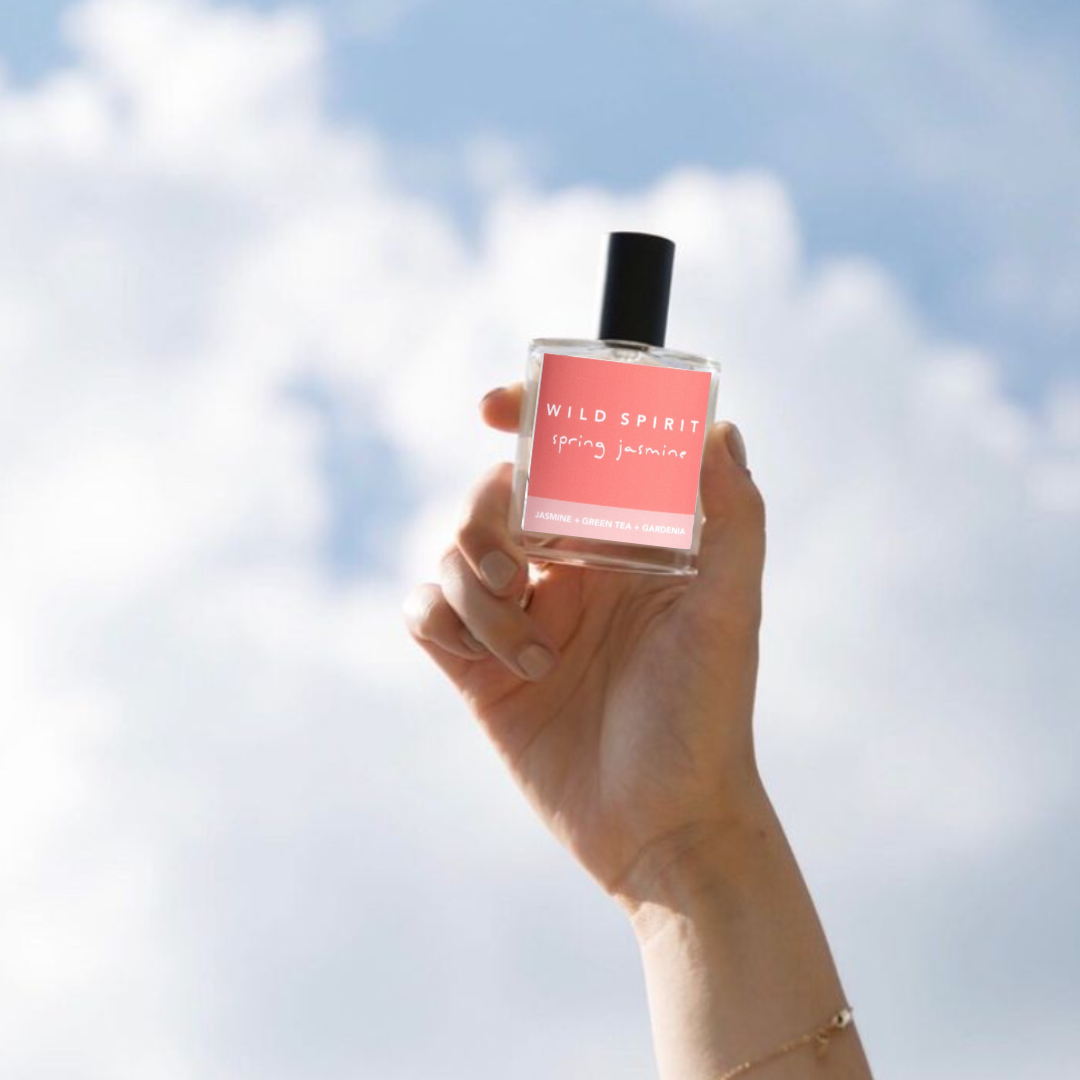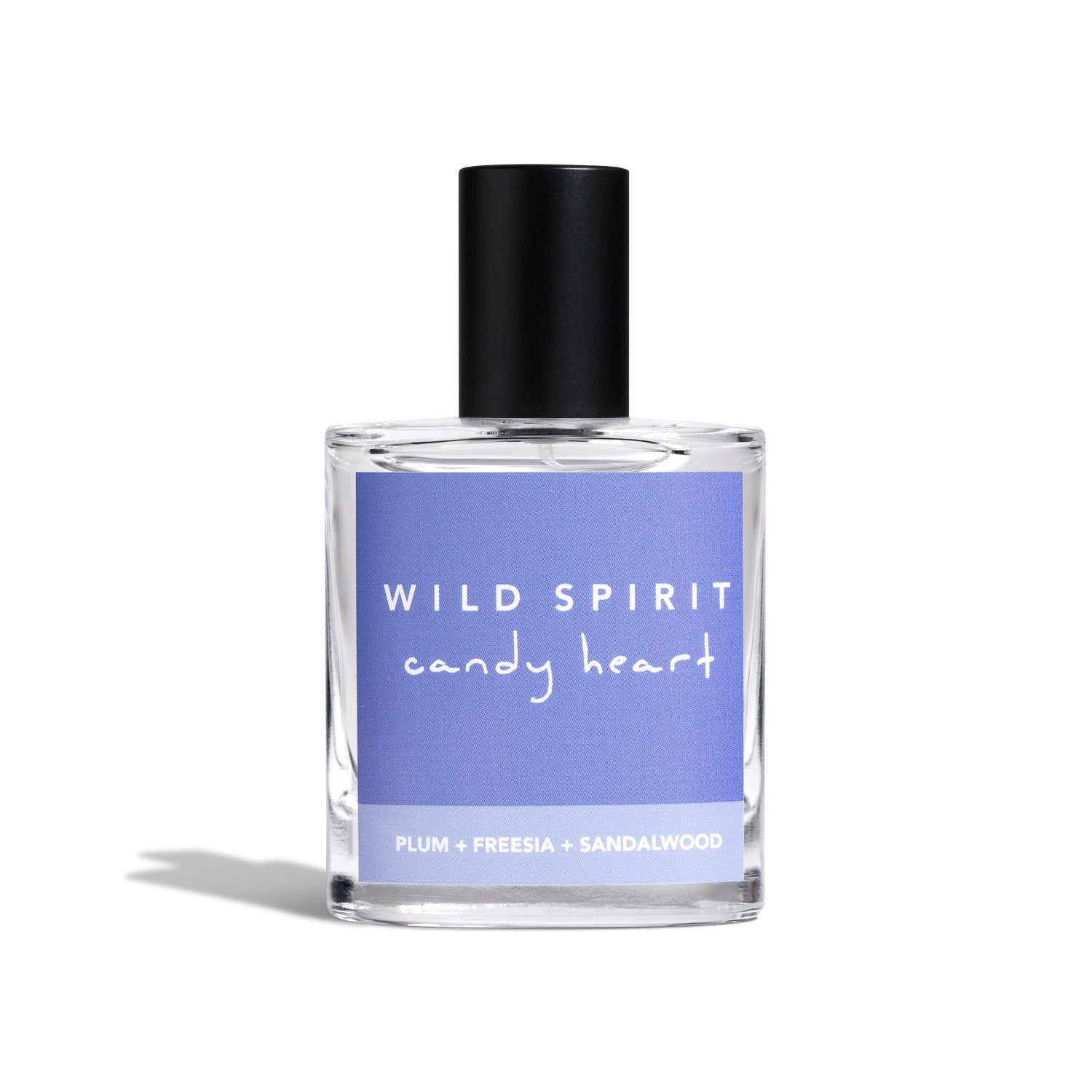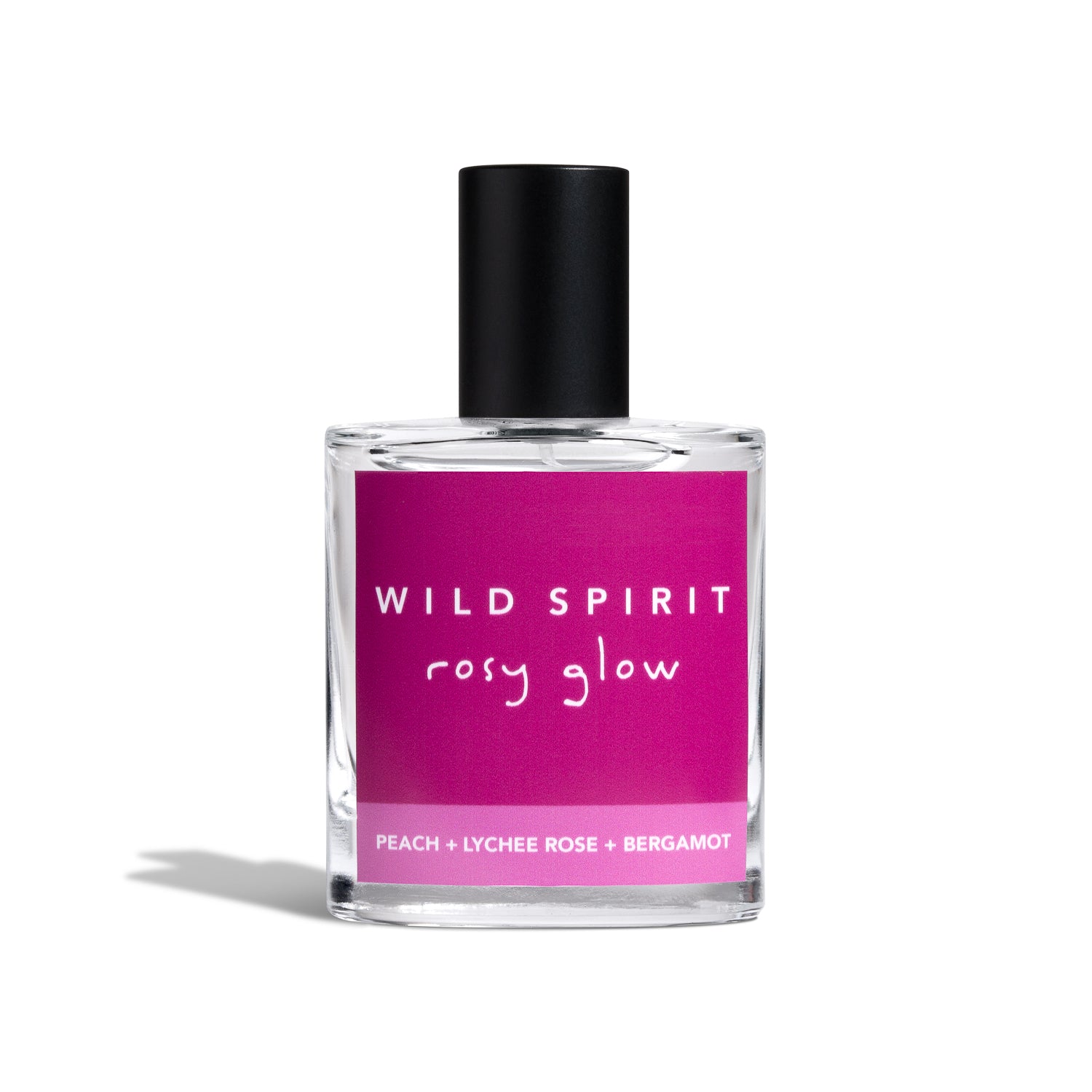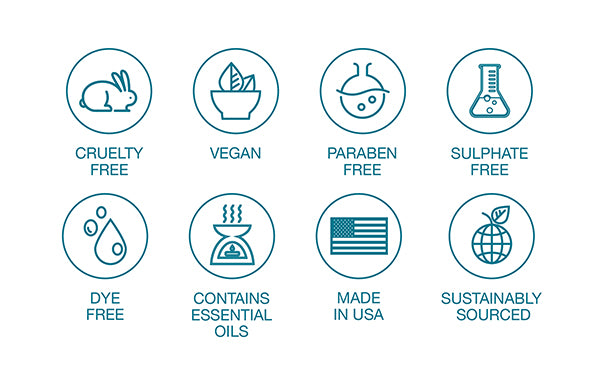
How Scent Impacts Mood and Perception
As women, we all know the power of a good fragrance. Whether it's a spritz of luxury designer perfume before a big date or a relaxing lavender essential oil before bed, or a fun fast fashion scent from a discount chain, fragrances can have a profound impact on our mood and perception. But have you ever wondered why this is the case? The answer lies in the complex composition of fragrances and the way they interact with our brain.
A fragrance composition typically consists of top, middle, and base notes. Top notes are the initial scents that you smell when you first apply the fragrance, and they usually consist of light, fresh scents like citrus or light florals (think Calvin Klein and Chance eau Tendre) . Middle notes come into play after the top notes have evaporated and are typically deeper, more complex scents like spices or fruits. Finally, base notes are the longest-lasting scents that are responsible for the overall fragrance profile in eau de parfums, such as woods, musk or vanilla. Together, these notes create a unique fragrance that can evoke different emotions and perceptions in the wearer as well as those around them.
For example, a citrus-based fragrance with top notes of lemon and middle notes of jasmine can create a refreshing and energizing scent that can boost your mood and make you feel more alert. On the other hand, a fragrance with base notes of vanilla can create a warm and comforting scent that can make you feel relaxed and cozy.
Have you ever heard of adaptogens? These natural herbs and plants are known for their ability to help the body adapt to stress and promote overall wellness. And now, adaptogens are making their way into the world of fragrance!
Adaptogens like lavender and vetiver have been used in fragrance blends to create scents that not only smell great but also have potential health benefits. For example, lavender is known for its calming properties, while ginseng is believed to increase energy and focus. By incorporating these adaptogens into fragrances, people can enjoy the benefits of aromatherapy while smelling amazing.
But how exactly do adaptogens work in fragrances? It all comes down to the way our sense of smell is connected to our brain and emotions. When we inhale a fragrance, the molecules travel through our olfactory system and stimulate our limbic system, which is responsible for regulating emotions and behavior. As a result, certain scents can help us feel more calm, focused, or energized.
It's worth noting that some of these adaptogenic plants, such as patchouli, lavender, and vetiver, have been used in traditional medicine for their adaptogenic properties for centuries. While others, such as rose and jasmine, may not have a traditional use as adaptogens, they are known for their ability to promote emotional balance and reduce stress, which are common benefits associated with adaptogens.
It's worth noting that some of these adaptogenic plants, such as patchouli, lavender, and vetiver, have been used in traditional medicine for their adaptogenic properties for centuries. While others, such as rose and jasmine, may not have a traditional use as adaptogens, they are known for their ability to promote emotional balance and reduce stress, which are common benefits associated with adaptogens.
For example, the following is a guide to some fragrance ingredients which are also adaptogens:
Patchouli: Patchouli is an adaptogenic plant that is also used in perfumery. It is known for its grounding and calming properties, and is used to reduce stress and anxiety.
Lavender: Lavender is another adaptogenic plant that is widely used in perfumery. It is known for its calming and relaxing properties, and is used to reduce stress and promote restful sleep.
Vetiver: Vetiver is an adaptogenic plant that is used in perfumery for its earthy and grounding aroma. It is also used to reduce stress and promote relaxation.
Sandalwood: Sandalwood is an adaptogenic plant that is used in perfumery for its warm and woody aroma. It is also known for its grounding and calming properties, and is used to reduce stress and anxiety.
Rose: Rose is an adaptogenic plant that is widely used in perfumery for its sweet and floral aroma. It is also used to promote emotional balance and reduce stress.
Jasmine: Jasmine is another adaptogenic plant that is used in perfumery for its sweet and floral aroma. It is also used to promote relaxation and reduce anxiety.
Ylang-Ylang: Ylang-Ylang is an adaptogenic plant that is used in perfumery for its sweet and exotic aroma. It is also known for its calming and relaxing properties, and is used to reduce stress and anxiety.
Of course, it's important to note that not all fragrances containing adaptogens are created equal. It's important to do your research and choose a fragrance from a reputable brand that uses high-quality, sustainably sourced ingredients. Additionally, while adaptogens can have potential health benefits, they should not be used as a replacement for medical treatment or advice.
Incorporating adaptogens into fragrances is just one example of how the world of scent is evolving and expanding beyond simply smelling good. As we continue to explore the connections between our sense of smell and our emotional and physical well-being, the possibilities for fragrance composition are endless. So next time you're on the hunt for a new scent, consider trying one that incorporates adaptogens, such as WILD SPIRIT Spring Jasmine for relaxation, and see how it makes you feel. Women have been using fragrances for centuries to enhance their mood and boost their confidence. But did you know that the scents you choose can have a significant impact on how you feel and how others perceive you? The power of fragrance goes beyond just smelling good – it can help you stay calm, focused, or energized, depending on the scent you choose.
In recent years, fragrance composition has evolved to include adaptogens, natural herbs that have potential health benefits. These adaptogens are known for their calming or energizing properties and are now being incorporated into fragrances to create scents that not only smell great but also provide aromatherapy benefits. By inhaling these fragrances, the molecules stimulate the limbic system, which can help regulate emotions and behavior, making you feel more relaxed, focused, or energized. So, the next time you're looking for a new fragrance, consider trying one that incorporates adaptogens and experience the benefits for yourself. Not only can fragrances with adaptogens improve your mood and well-being, but they can also affect how others perceive you. Studies have shown that certain scents can influence how people perceive your attractiveness, confidence, and trustworthiness. So, choosing the right fragrance can have a positive impact on your social and professional life. Whether you prefer a floral, woody, or citrusy scent, there's a fragrance out there that can help you feel and smell amazing.
In conclusion, fragrances are more than just a way to smell good. They have the power to affect our mood, behavior, and perception. By incorporating adaptogens into fragrances, we can enhance the aromatherapy benefits and create scents that not only smell good but also make us feel good. So, the next time you're in the market for a new fragrance, consider choosing one that contains adaptogens and experience the power of scent for yourself.






